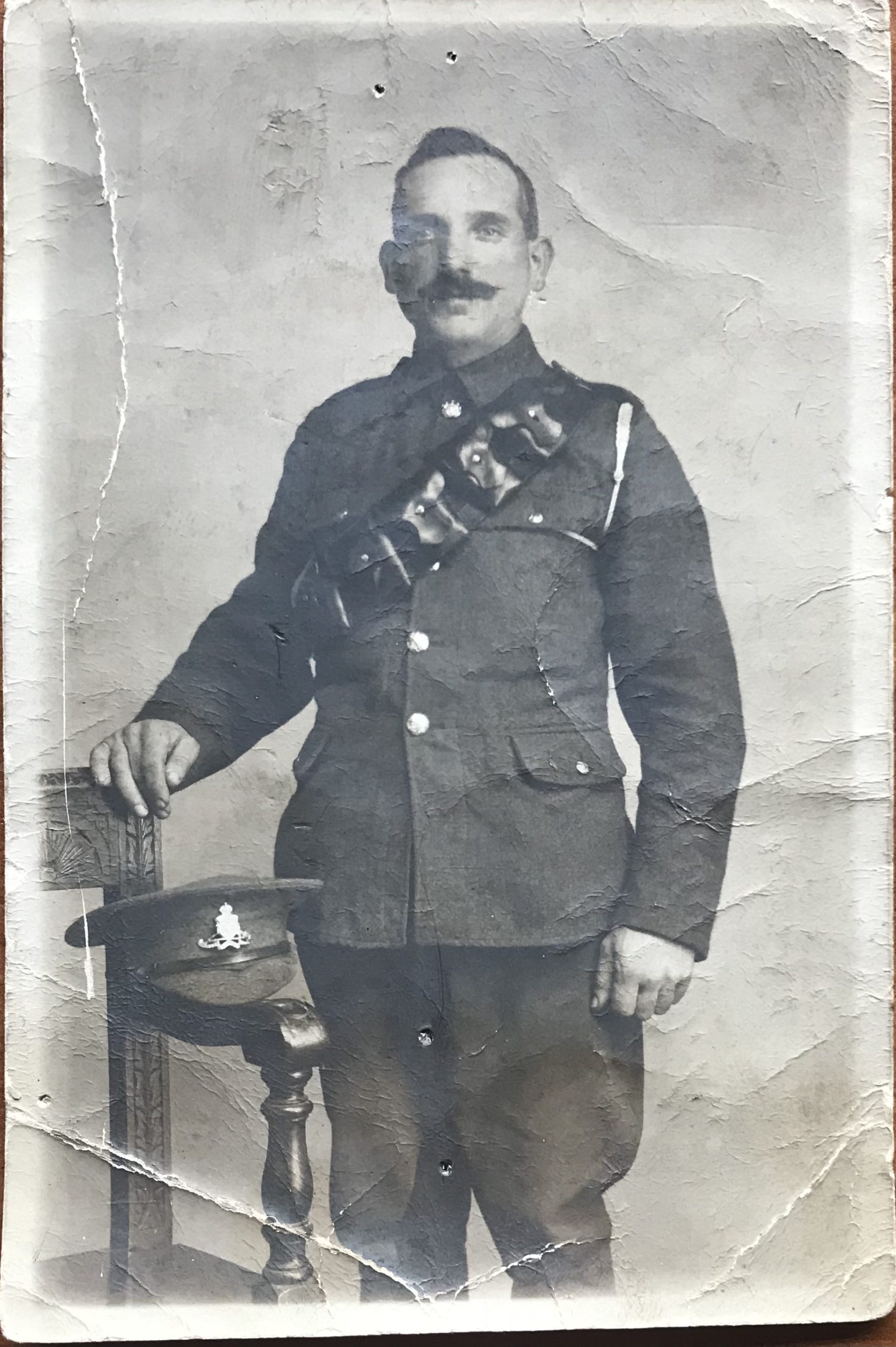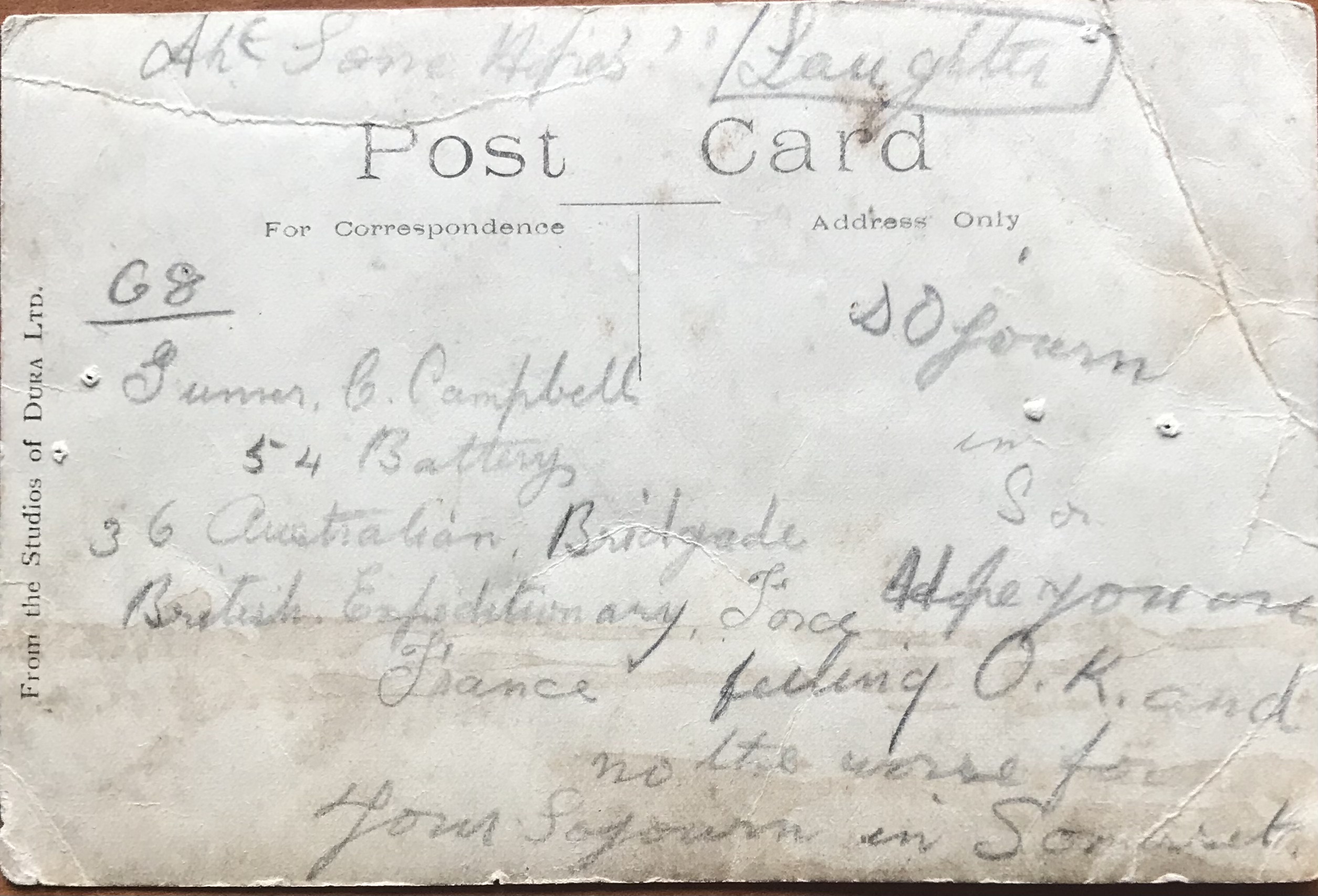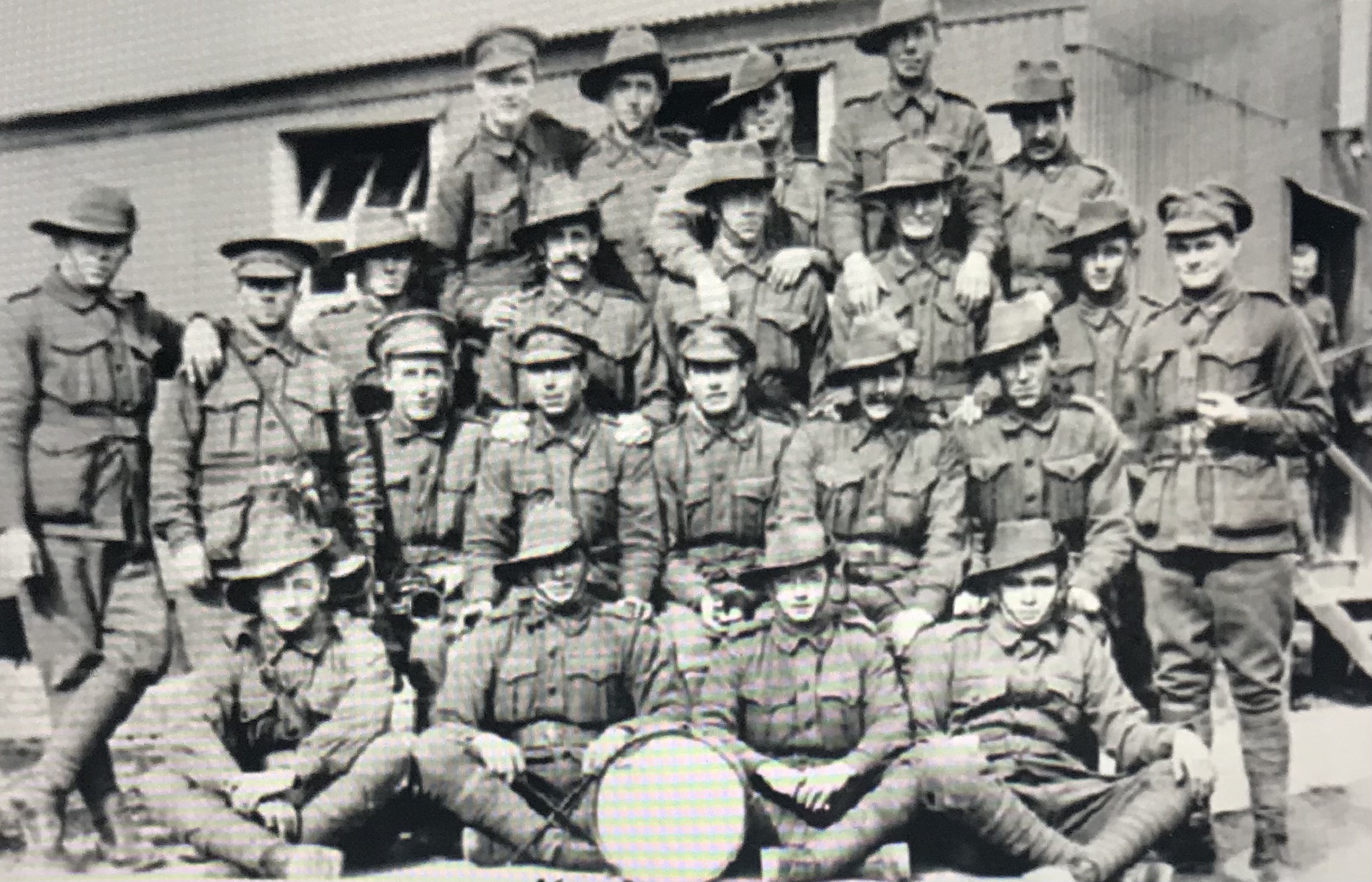Armistice Day in London: Crisis and Consequences
This year on Saturday 11th of November on the streets of central London a vast 300,000 plus strong pro-Palestine crowd marched from Hyde Park and across Vauxhall Bridge past the Headquarters of MI6 towards the US Embassy demanding a cease-fire in Gaza. Meanwhile a much smaller group of angry and at time violent far-right “English Defense League” counter demonstrators clashed with the police as they attempted to enter Whitehall encouraged by the far-right agitator, Tommy Robinson, to “protect” the Cenotaph. These two marches dominated the news media’s attention and overwhelmed the solemn remembrance taking place before the Cenotaph on the eleventh hour of the eleventh day of the eleventh month to commemorate the armistice which marked the end of the First World War in 1918.
On Sunday 12 November, King Charles III, soon to celebrate his 75 birthday and his family, led the official commemoration on the same spot. They were a lonely gaggle. The King’s second son, Prince Harry, the Duke of Sussex, who is after all an authentic military veteran of a real war in Afghanistan, remains in self-imposed exile at his $14m Montecito home in California riding his $1,499 electric bike. The King’s brother, the disgraced Prince Andrew, the Duke of York, was also no-where to be seen. The Royal British Legion concert at the Royal Albert Hall was dignified and moving on the evening of November 11th. But the divisive marches and counter marches and the violence at Whitehall on the 11th of November will be what is remembered.
The antagonism had been stirred up over the previous week by the British Home Secretary, Suella Braverman, whose loose mouth and angry rhetoric, badly thought out historic references to the conflict in Northern Ireland (where 87 where killed at an IRA bombing in Enniskillen on Armistice Day in 1987), and her pursuit of her own overweening personal ambition within the Tory Party, had challenged the authority of prime minister Rishi Sunak, and gratuitously aggravated the hostilities within an already deeply divided country.
Suella Braverman is a daughter of Indian origin parents who immigrated in the 1960s from Mauritius and Kenya respectively. She read law at Cambridge University and in Paris and is a member the Triratna Buddhist Community. She was called to the bar in 2005 and is a King’s Counsel (KC). The Home Secretary is responsible for law enforcement, immigration, and national security. And the Home Secretary holds one of the great offices of state.
Rishi Sunak is the first British Asian to serve as prime minister. He was born in Southampton. His parents, a doctor and a pharmacist, emigrated from East Africa in the 1960s. Educated at Winchester School and at Oxford and Stanford he is married to the daughter of an Indian billionaire. Having worked at Goldman Sachs and managing hedge funds in the United States he was elected to parliament in 2015 (the same year that the Labour Party’s leader, Kier Starmer, also a KC and a former director of public prosecutions, was elected to parliament). Sunak served as chancellor of the exchequer under Boris Johnson, but he resigned in July 2022 contributing to Johnson’s downfall.
The prime minister was under great pressure to sack Suella Braverman. The Labour Party, the Scottish Nationalists, and the Liberal Democrat’s in Parliament all called for her sacking. Scotland’s first minister, Humza Yousaf, has also incised that she be sacked. Yousaf’s in-laws were recently able to escape from Gaza where they had been visiting relatives once the Rafah border crossing was eventually opened. The Mayor of London, Sadiq Khan, has joined the chorus calling for her resignation. Both Khan and Yousaf are Muslims.
But Suella Braverman is the darling of the vociferous right-wing rump of the Tory party who see Braverman as their champion. But more important than the calls of Starmer, Sadiq Kahn and Yousaf, senior Tories also called for the quick removal of Braverman, warning that unless she quickly went, Rishi Sunak’s authority would be in tatters.
All this kerfuffle is the stuff of the messy state of British politics in the run up to next year’s general election where the Tories, far behind Labour in the opinion polls, are busy fighting each other like rats in a sack. Braverman called the pro-Palestine march a “hate” march. She preemptively critiqued Mark Rowley, the London police commissioner for “bias” in his response to the pro-Palestine marches. Her text published in The London Times was submitted to Downing Street prior to publication as is an obligation of any cabinet minister, much less the Home Secretary. Downing Street insisted on changes which she ignored. She has evidently broken the ministerial code (and not for the first time).
Sunak looked weak if he keeps her but risked further alienating a vociferous segment of his own parliamentary party if he sacked her. It is a dilemma of his own making. But his hand was forced. On Monday morning he sacked Suella Braverman as part of a major cabinet re-shuffle. She was replaced by James Claverly the Foreign Secretary. James is a cabinet minister of African origins. His mother came from Sierra Leone.
And in a major surprise move Sunak brought back the former prime minister David Cameron, who will return to government as the foreign secretary and be “elevated” to the House of Lords so he can be held accountable in parliament. Cameron of course is the man who (inadvertently) brought Brexit, by calling and then losing the Brexit referendum. He also intervened (with France) in Libya leaving the country in chaos which continues to this day. He was at the center of the biggest influence peddling scandal of recent years after he left office, the Greensill scandal. His appointment will not please the Braverman cohort. And one day after the appointment of the now Lord Cameron as Foreign Secretary, Suella Braverman published the most extraordinary and excoriating resignation letter accusing the Prime Minister (among other iniquities) of betrayal, dishonesty, and “magical” thinking.
Remembrance Day in any case deserved much better. It is and should have been a day of reflection of the supreme sacrifice of millions in wartime. My grandfather, Robert John Maxwell (1876-1933) served in the Royal Artillery Regiment between 1915-1919. He left a wife and three young sons behind when he went to war as a gunner. He was poison gassed on the Western Front. He survived and died in 1933. According to his death certificate he died of “influenza and poison gas.”

There are no records of his military service as they were destroyed during the Second World War in German bombing raids on London. He did receive a “War of Victory” medal issued on the 17th of August 1921. I did find a postcard with my grandfather’s picture on the front and message on the back. It is from “Gunner C. Campbell, 54 Battery, 36 Australian Brigade, British Expeditionary Force, France.” And it says; “Hope you are feeling O.K. And not worse for your sojourn in Somerset.” The Maxwell family lived in Bridgewater, Somerset, at the time. The Australians had 250,000 men in the war in Europe during WWI. They lost 46,000. And 100,00 were wounded.
Like many ordinary soldiers and veterans of the First World War my grandfather returned to his family a changed man. His successful itinerate drapery business which his wife had sustained though out the conflict rapidly dissipated after his return from the Western Front. He became dependent on his son, my father, who had to leave grammar school and support the family by taking a job in a Grocery Chain Store, David Greggs, where he eventually rose to be the manager of the Plymouth branch.

My grandfather was lucky to have survived the Western Front at all: 49.076 soldiers in the Royal Artillery Regiment died during the First World War. My father was also lucky. He had married and opened his own business in 1939 in Wellington, Somerset. His elder brother, Robert “Bob” Maxwell, however, who was serving in the Somerset Light Infantry, lost his wife and his two sons.
They were all killed during the Plymouth Blitz of 1941. My grandfather’s older brother, Wilfred (Bill) Maxwell, had also served during WWI in the West Somerset Yeomanry, a cavalry regiment, which was deployed to the Middle East. There he had participated in the disastrous Gallipoli campaign, served in Egypt, and participated in the battle for Beersheba against the Turks, which saw the famous cavalry charge by the Australian Light Horse.
Great Uncle Bill kept a diary of these events. He was my godfather and he lent it to me when I was thirteen. Unfortunately, this was in 1953, long before the epoch of the copy machine, and I returned it. But it was an utterly fascinating account of the life of soldier during those critical years. 26 members of the Maxwell family served in the military during the 20th Century, from the Western Front, to Turkey, to Egypt and the Sinai, and in Libya and Hong Kong and Malaya. All fortunately and fortuitously survived.

The monument to the Royal Artillery Regiment in which my grandfather served during WWI stands at Hyde Park Corner. I visited it when I was in London after Armistice Day last year. Armistice day is a day to remember not the King’s and the General’s and the politicians, who directed (and often misdirected) the wars of the past, but to give thanks for the memory of the everyday soldiers who fought and died in them:
Something that this year was crowded out by the competing noisy and at times violent crowds on the streets of central London, and the petty and unsavory squabbling of British politicians pursuing their own narrow ambitions and agendas.
Featured Photo: The author by the Royal Artillery Regiment Memorial at Hyde Park Corner.

